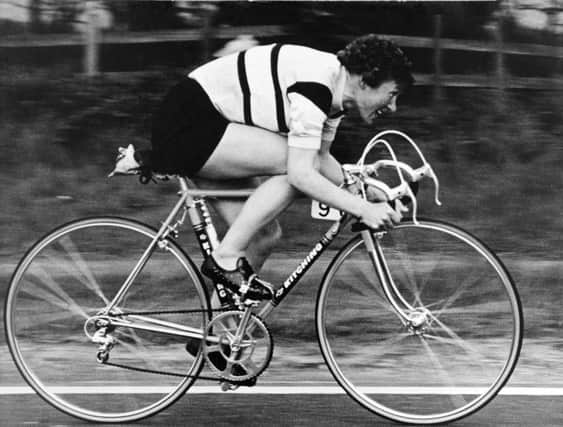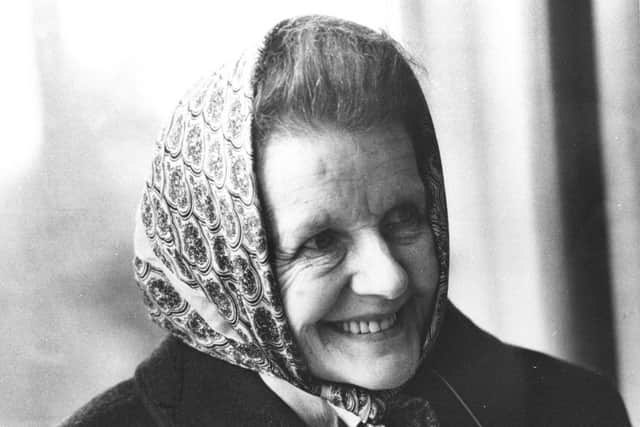Why Leeds should have more statues of pioneering women


You don’t have to go far in Leeds before spotting your first statue. If you arrive by train and head out onto City Square you’ll be greeted by an array of them.
There’s Joseph Priestley, the Birstall-born theologian and scientist credited with the discovery of oxygen, and John Harrison, one of the city’s first wool merchants, as well as pioneering inventor James Watt who helped put Leeds on the map during the Industrial Revolution, and Walter Hook, one-time Vicar of Leeds.
Advertisement
Hide AdAdvertisement
Hide AdImpressive as this quartet are, they’re outdone by the colossal statue of the Black Prince which has become a popular landmark in Leeds (despite Edward himself having no real links with the city).


But if it’s statues of women you’re after then apart from a random collection of naked nymphs they are conspicuous by their absence here.
In fact, other than these the only female statues in the city centre are of Queen Victoria and Henry Moore’s Reclining Woman: Elbow, which rests rather splendidly on the balustrade outside the front of Leeds Art Gallery.
This paucity of statues of women has led to the launch of a campaign, led by Labour’s Leeds West MP Rachel Reeves and Leeds Council leader Judith Blake, for greater recognition of the city’s pioneering daughters.
Advertisement
Hide AdAdvertisement
Hide AdThere are certainly no shortage of acclaimed women who are worthy of being immortalised in marble or stone, such as Sue Ryder one of the nation’s great humanitarians.


Many people may not realise that the late Lady Ryder came from Leeds, or be aware of her wartime exploits.
During the Second World War, having doctored her birth certificate to be accepted under-age, she joined an arm of the Special Operations Executive which carried out espionage and reconnaissance missions across Poland.
In 1947 she founded the Sue Ryder Foundation to help people and her eponymous charity now provides long-term palliative care, boasting more than 8,000 volunteers and 80 homes worldwide.
Advertisement
Hide AdAdvertisement
Hide AdBeryl Burton is another who would be a popular choice. The legendary Halton-born cyclist dominated the sport for several decades, winning hundreds of medals including five world championships and one title that she held for a remarkable 25 consecutive years. Though she received an MBE and an OBE, the scale of her astonishing achievements surely deserves greater recognition?
Then there are others like Gertrude Maretta Paul, the city’s first black headteacher who established numerous voluntary groups and was one of the founders of the hugely popular West Indian Carnival.
In 2011, Leeds Civic Trust unveiled a blue plaque at her former school, but even in Leeds where she achieved so much there are many people today who will have never heard of her.
Dr Rosemary Lucy Hill, a sociology lecturer at the University of Leeds, welcomes the idea of a statue celebrating one of the city’s pioneering female figures.
Advertisement
Hide AdAdvertisement
Hide Ad“I’m from Leeds and it annoys me when I walk past the statues at City Square and see the men in their massive gowns celebrated for their achievements, and then you have these unnamed women without any clothes,” she says.
Dr Hill points out that many statues were put up by men with wealth and power at a time when women were effectively barred from having a decent education and working in most professions.
“If you look at these statues they don’t tell us what’s going on in Leeds today and I think people want to recognise themselves in the statues they see in their city, so I’m all in favour of this idea – there’s certainly plenty of women to choose from.”